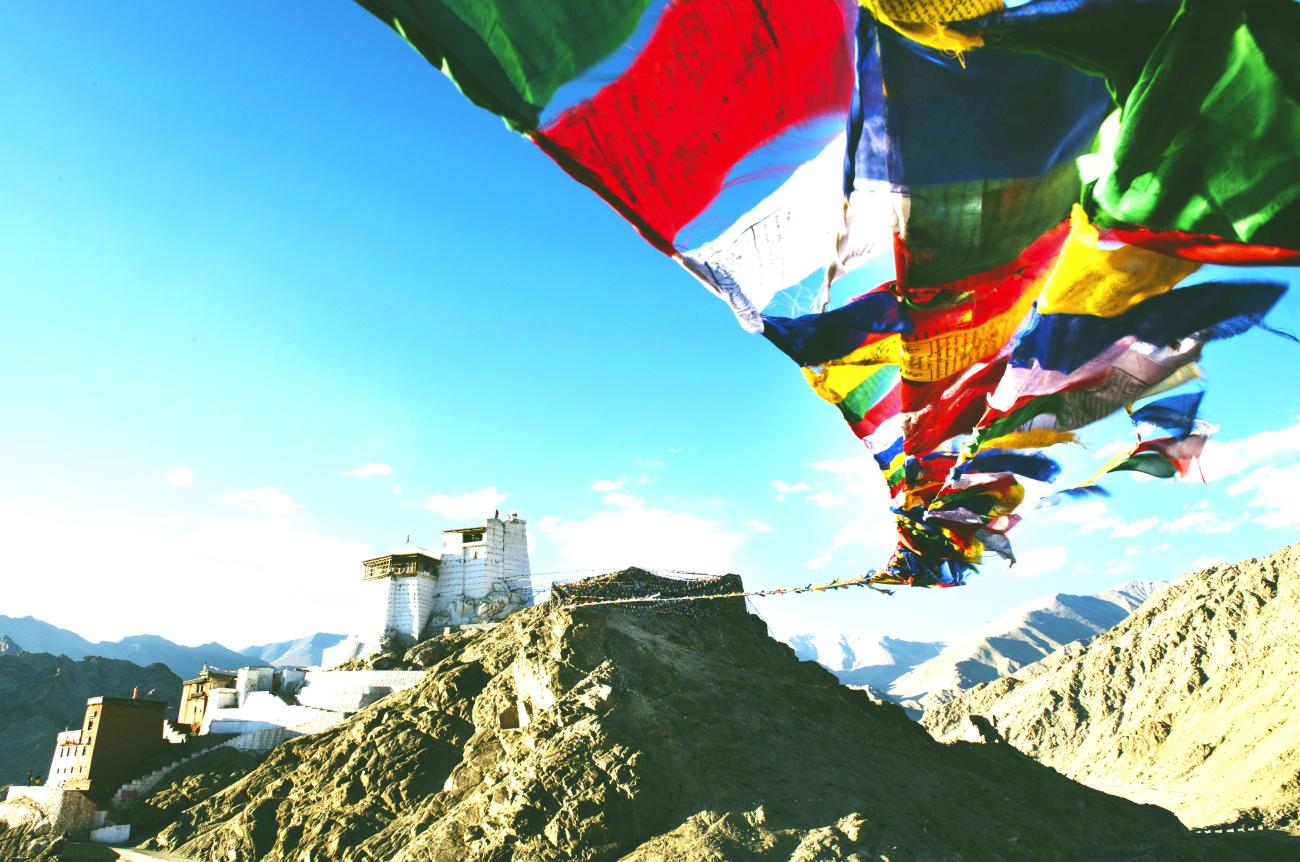CCA urges all sides in Nepal to exercise restraint and pursue dialogue for resolution of ongoing crisis

Chiang Mai, Thailand: The Christian Conference of Asia (CCA) has expressed grave concern over the tragic loss of lives and escalating violence during the past two days amid Gen Z-led protests in Nepal. The unrest, which began on 8 September, is rapidly threatening peace and the safety of civilians across the nation.
Reports indicate that over 22 people have been killed and more than 100 injured in clashes between police and anti-corruption protesters. These demonstrations were sparked by a government-imposed social media ban and widespread frustration over corruption and economic hardship. Protestors have reportedly set fire to government buildings and the private residences of former ministers, while security forces have used live ammunition, tear gas, and rubber bullets, raising serious concerns about disproportionate use of force.
In a statement issued on 10 September 2025, CCA General Secretary Dr Mathews George Chunakara said, “We are disturbed by accounts of disproportionate use of force by security personnel in dealing with protestors. At the same time, we implore protestors to pursue their grievances through dialogue and other peaceful means, refraining from attacks on infrastructure or actions that endanger peace and security in the country. The ongoing destruction of government and private property only fuels chaos and deepens national instability.”
Dr Chunakara stated, “CCA calls for accountability for all acts of violence and the rapid initiation of meaningful dialogue among all stakeholders, ensuring the safety, rights, and dignity of every citizen as the highest priority. Immediate de-escalation of tensions is critical”.
CCA urgently appeals to all authorities to exercise maximum restraint, protect lives, and prevent further bloodshed.
CCA also calls on its member churches and councils to pray for Nepal to regain stability and harmony quickly, for tensions to ease, and for the everyday life of its citizens to be restored safely and peacefully.
The full text of the CCA General Secretary's statement can be found here:










